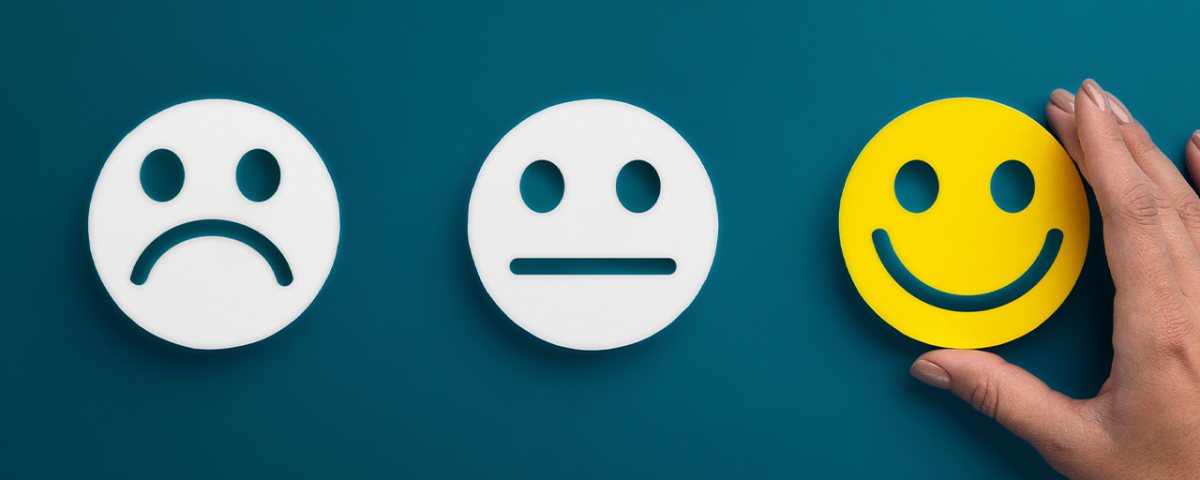An emotional eating disorder is defined as using food as a coping mechanism to balance intense feelings. Typically when a person is uncomfortable, stressed, sad, or bored, they will lean on food to distract themselves and reduce overthinking. People may excuse themselves by using humor or saying, “I’m eating my feelings.” However, overeating has health risks, primarily since a person uses food to ignore psychological problems or issues that could lead to a potential mental disorder.
What Causes an Emotional Eating Disorder?
Emotional eating disorder is caused by triggered emotions and a lack of healthy coping skills. This is typically quite normal as most individuals use food to treat emotions whether good or bad. People will eat a lot to celebrate extreme happiness, grab a few more chips than necessary when bored, or find themselves eating ice cream after a breakup. However, the impulse to consume due to constant stress, anger, or other intense feelings may be more than emotional hunger and needs to be taken seriously if it is occurring frequently. The danger in this is that it can develop into binge eating disorder which is considered a serious eating disorder condition that requires binge eating treatment.
People will find comfort eating helpful after a long stressful day at work or a difficult day with raising kids. Financial problems or relationship issues may also be a leading reason why people use food as an emotional coping mechanism. A person may not know how much they have eaten until after the fact, which may result in regrets. But, as long as it’s a rare occurrence, a person does not need to feel the weight of the world on their shoulders because they indulged a bit more than usual.
How to Stop Emotionally Eating
Overcoming emotional eating is more than possible. After a person recognizes the signs and symptoms of the disorder, there are many ways to prevent excessive indulging. Emotional eating symptoms may result from biological factors, psychological causes, and social causes. An emotional eater can experience the same symptoms and side effects as a binge eater. For example, if a person feels full but keeps eating, hides food, or feels stressed and is relieved when eating, these are signs of the disorder.
If a person desires to stop emotional eating, managing stress in healthy ways is beneficial. Avoiding temptations or keeping track of triggers can help. Getting proper sleep, engaging in activities, and focusing on other important health matters can keep a person on track. Here are some more ways to reduce emotional eating:
- Try mediation
- Journaling
- Lean on a support group
- Practice positive affirmations
- Practice Self-Care
Try new hobbies and make sure to communicate your feelings to others, especially since someone close to you may be going through a similar condition. Remember, don’t give up! Pay attention to volume and keep an optimistic viewpoint about the situation. There are holistic methods to help reduce cravings and symptoms, as well as group therapy, that can be beneficial to someone undergoing emotional eating.
Eating Disorder Treatment at Our Philadelphia Eating Disorder Clinic
If you or a loved one is struggling with bulimia nervosa or anorexia or are seeking treatment for body dysmorphic disorder, Banyan Philadelphia has you covered. Our experienced medical staff prepares a clean and safe environment for expression and treatment. We offer unique services and programs like family therapy, motivational interviewing, and more!
Please, don’t hesitate to contact a specialist at Banyan Treatment Centers Philadelphia by calling 888-280-4763 and asking about our eating disorder treatment programs to get started on recovery today!
Related Readings:









